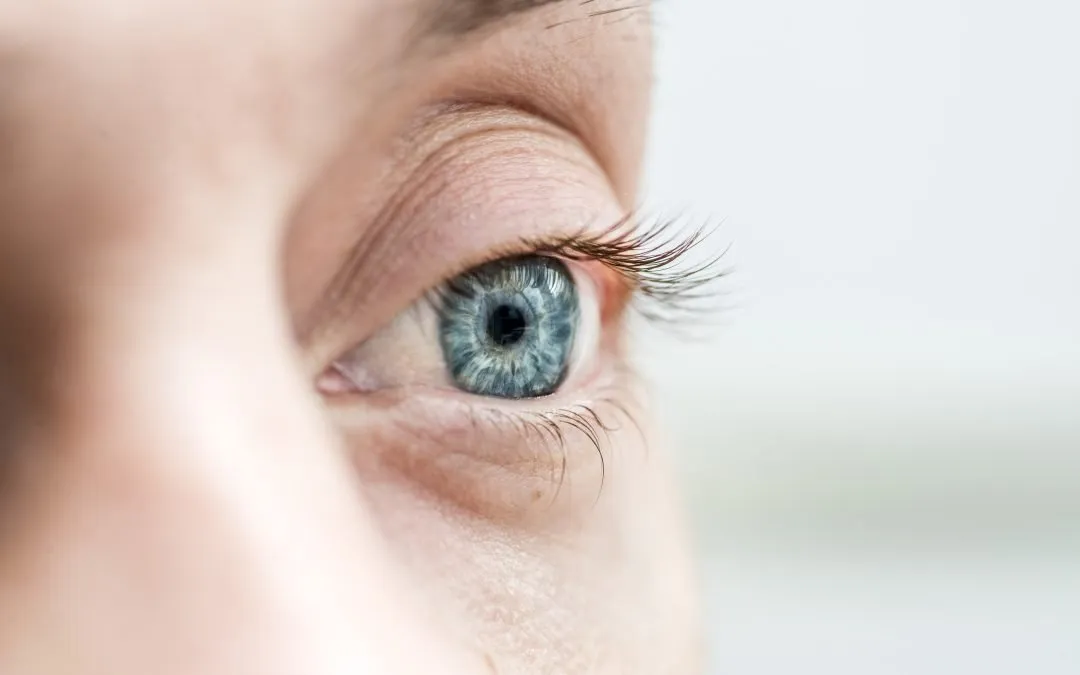
Discover tips to prevent pink eye this fall! Keep your child safe from infection as school starts. Visit urgent care near you today for proper care.
As fall settles in and children head back to school, the risk of catching pink eye can become a parent’s worst nightmare. This common eye infection, characterized by redness and discharge, spreads like wildfire, especially among kids in close quarters. But fear not! Understanding how pink eye spreads and implementing simple preventive measures can keep your little ones safe and healthy while they enjoy the season. Plus, with fun local activities like apple picking at local orchards and enjoying the beautiful fall foliage at the Pisgah National Forest, your family can make the most of autumn without worrying about eye infections.
Visit AFC South Asheville today.
What is Pink Eye?
Pink eye, or conjunctivitis, is a highly contagious eye infection that spreads easily, especially in environments where people are in close contact. Places like schools, daycare centers, and offices are common spots for outbreaks. Whether caused by viruses, bacteria, or allergens, pink eye is tricky to avoid since it can be transmitted through:
- Shaking hands
- Touching contaminated surfaces
- Rubbing your eyes after touching a surface or object with germs
Preventing pink eye requires paying close attention to hygiene. If someone in your household—especially a child—has pink eye, keeping them home during the contagious period is crucial. Symptoms such as eye discharge or fever should fully clear before they return to school or group activities. By following proper hygiene practices, you can significantly reduce the risk of spreading pink eye and protect others from infection.
Frequently Asked Questions on Preventing Pink Eye
Yes! It’s crucial to avoid touching or rubbing your infected eye(s). Rubbing can worsen irritation and increase the likelihood of spreading the infection to others. Pink eye often spreads through direct contact with contaminated hands, so keeping your hands away from your face is essential.
Hand-washing is one of the simplest and most effective ways to prevent pink eye. You should:
- Wash your hands frequently with soap and water, especially after touching your eyes, face, or contaminated surfaces.
- Scrub for at least 20 seconds and rinse thoroughly.
- Use hand sanitizer with at least 60% alcohol when soap and water aren't available.
Cleaning your eyes properly is important to prevent the infection from getting worse:
- Use a clean, fresh cotton ball to gently wipe away discharge from your eye(s) twice a day.
- Dispose of the cotton ball immediately after use and wash your hands thoroughly.
- Never reuse the same cotton ball to avoid reintroducing bacteria or viruses to your eye.
Avoid touching the tip of the medication bottle to your eye or any surfaces to prevent contamination.
No. Avoid sharing personal items like:
- Makeup
- Contact lenses
- Towels
- Pillows
- Cups
Sharing these items can easily spread the infection to others, even if they haven’t had direct contact with your eyes.
Additional Tips for Preventing Pink Eye Spread
In addition to the FAQs mentioned above, here are other ways to reduce the risk of spreading or contracting pink eye:
- Stay home: If you or your child has pink eye, stay home from school or work until symptoms improve. This is especially important if it’s caused by bacteria or viruses, which spread quickly through casual contact. Most healthcare providers recommend staying home for at least 24 hours after starting antibiotic treatment for bacterial pink eye.
- Disinfect surfaces:
- Regularly disinfect frequently touched surfaces using disinfectant wipes or sprays, especially during an outbreak in your home or community. These surfaces may include:
- Door handles
- Phones
- Keyboards
- Bathroom counters
- Proper contact lens care:
- Clean and store them properly to avoid introducing bacteria to your eyes.
- Avoid wearing contacts while you have pink eye, and switch to glasses until the infection clears.
Last Tips
Pink eye can spread quickly, but good hygiene practices can help you protect yourself and others. Remember to:
- Wash your hands frequently
- Avoid touching your eyes
- Keep personal items to yourself
If you or your child has pink eye, stay home until symptoms improve, especially to avoid spreading the infection in close-contact environments like schools or workplaces. By staying vigilant and practicing proper hygiene, you can help prevent the spread of conjunctivitis. Visit AFC Urgent Care South Asheville today for proper care and treatment.


